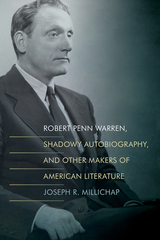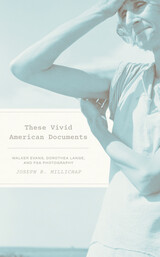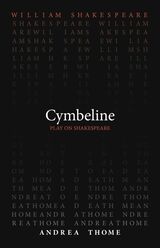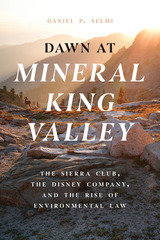
Toward the end of his career, Robert Penn Warren wrote, “It may be said that our lives are our own supreme fiction.” Although lauded for his writing in multiple genres, Warren never wrote an autobiography. Instead, he created his own “shadowy autobiography” in his poetry and prose, as well as his fiction and nonfiction. As one of the most thoughtful scholars on Robert Penn Warren and the literature of the South, Joseph Millichap builds on the accepted idea that Warren’s poetry and fiction became more autobiographical in his later years by demonstrating that that same progression is replicated in Warren’s literary criticism. This meticulously researched study reexamines in particular Warren’s later nonfiction in which autobiographical concerns come into play—that is, in those fraught with psychological crisis such as Democracy and Poetry.
Millichap reveals the interrelated literary genres of autobiography, criticism, and poetry as psychological modes encompassing the interplay of Warren’s life and work in his later nonfiction. He also shows how Warren’s critical engagement with major American authors often centered on the ways their creative work intersected with their lives, thus generating both autobiographical criticism and the working out of Warren’s own autobiography under these influences. Millichap’s latest book focuses on Warren’s critical responses to William Faulkner, John Crowe Ransom, Herman Melville, Nathaniel Hawthorne, John Greenleaf Whittier, and Theodore Dreiser. In addition, the author carefully considers the black and female writers Warren assessed more briefly in American Literature: The Makers and the Making.
Robert Penn Warren, Shadowy Autobiography, and Other Makers of American Literature presents the breadth of Millichap’s scholarship, the depth of his insight, and the maturity of his judgment, by giving us to understand that in his writing, Robert Penn Warren came to know his own vocation as a poet and critic—and as an American.

The story behind the most iconic American photobooks of the twentieth century.
In the late 1930s and early 1940s, the Farm Security Administration (FSA) funded a now-famous photography project to document and highlight American rural life and its economic challenges. In time, the project launched a genre of works that incorporated photographic evidence and artistic documentation of rural poverty, highlighting the struggles and resilience of the American people during this period. Nearly a century later, these photographs have become largely synonymous with the Great Depression.
In These Vivid American Documents, Joseph R. Millichap presents an illuminating examination of four photobooks born of this FSA project: Archibald MacLeish and Dorothea Lange’s Land of the Free; Walker Evans and Lincoln Kirstein’s American Photographs; Dorothea Lange and Paul Taylor’s An American Exodus; and James Agee and Walker Evans’s Let Us Now Praise Famous Men. Millichap includes in his analysis a curated selection of thirty-two photographs from these four photobooks, showcasing the realities of the social, individual, political, artistic, and economic aspects of that time.
Through Millichap’s thorough and insightful study, readers will gain a deeper understanding of the significant cultural and historical impact of this photographic project. Examining what are now historical American icons, like Walker Evans’s portrait of Allie Mae Burroughs and Dorothea Lange’s Migrant Mother, Millichap leans into the intersections, tensions, and meanings that this particular era and medium encapsulate. His close comparison of the documentary and artistic purposes of the photobooks both analyzes how they balance text and imagery and offers a thoughtful study of the photographers and writers who produced them. These Vivid American Documents is an illuminating volume for scholars and general readers alike.
READERS
Browse our collection.
PUBLISHERS
See BiblioVault's publisher services.
STUDENT SERVICES
Files for college accessibility offices.
UChicago Accessibility Resources
home | accessibility | search | about | contact us
BiblioVault ® 2001 - 2024
The University of Chicago Press









